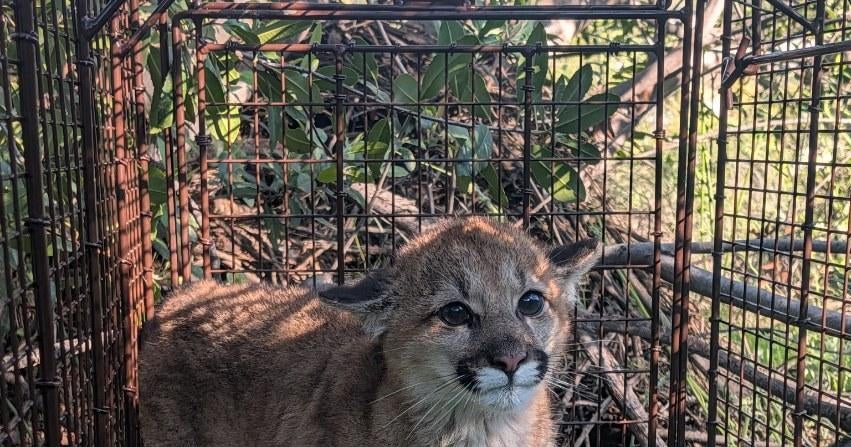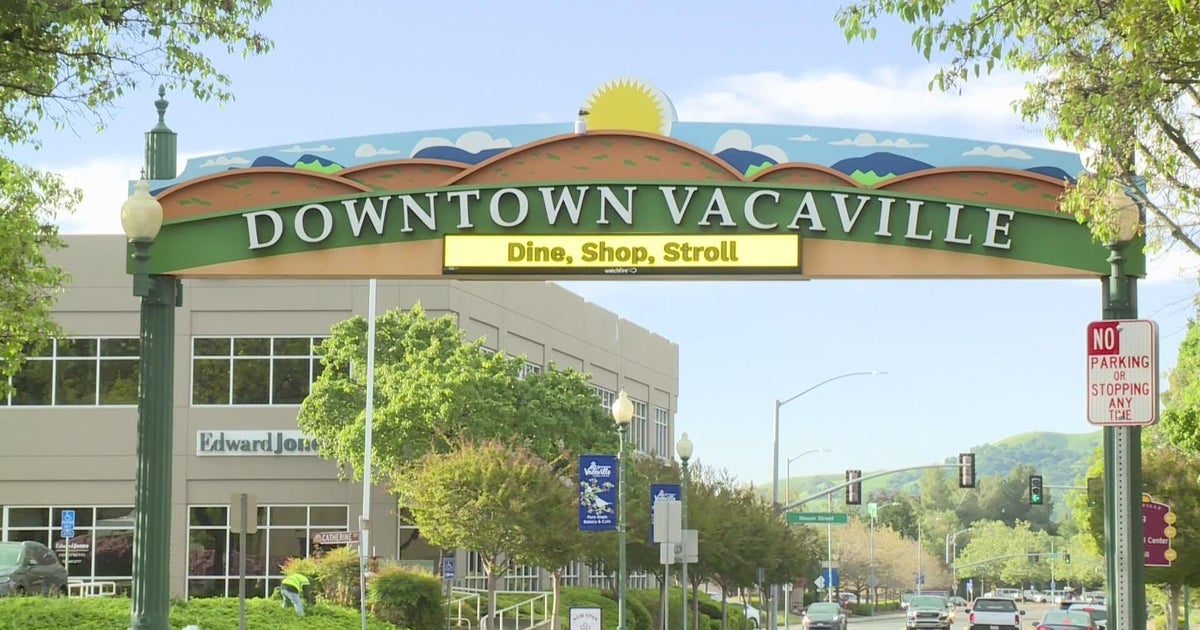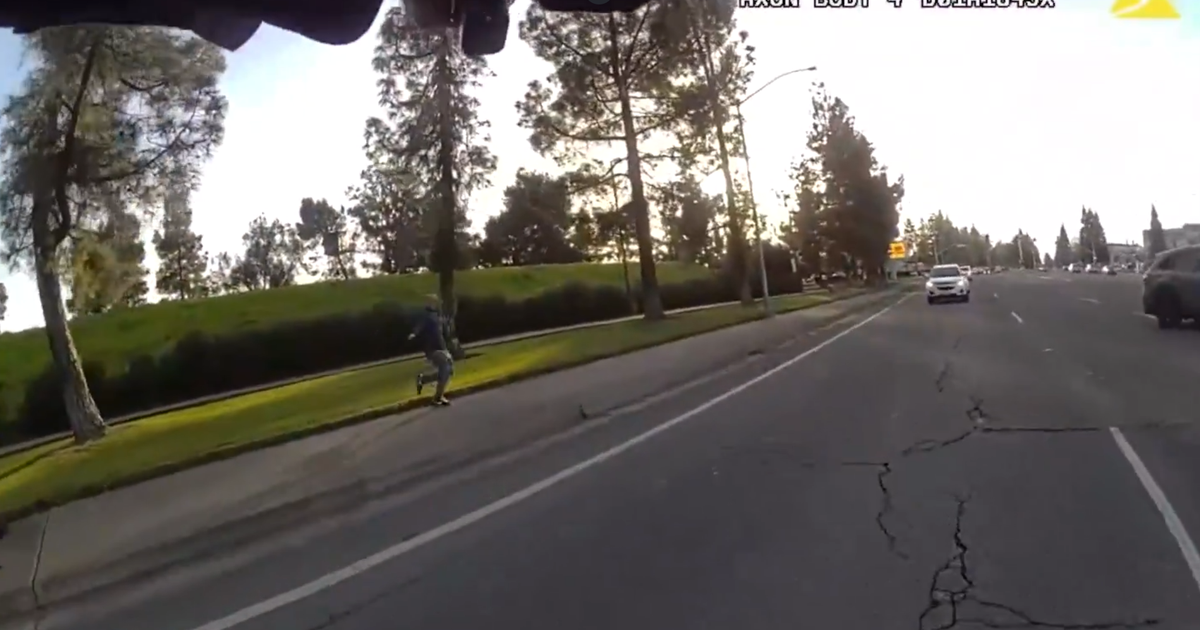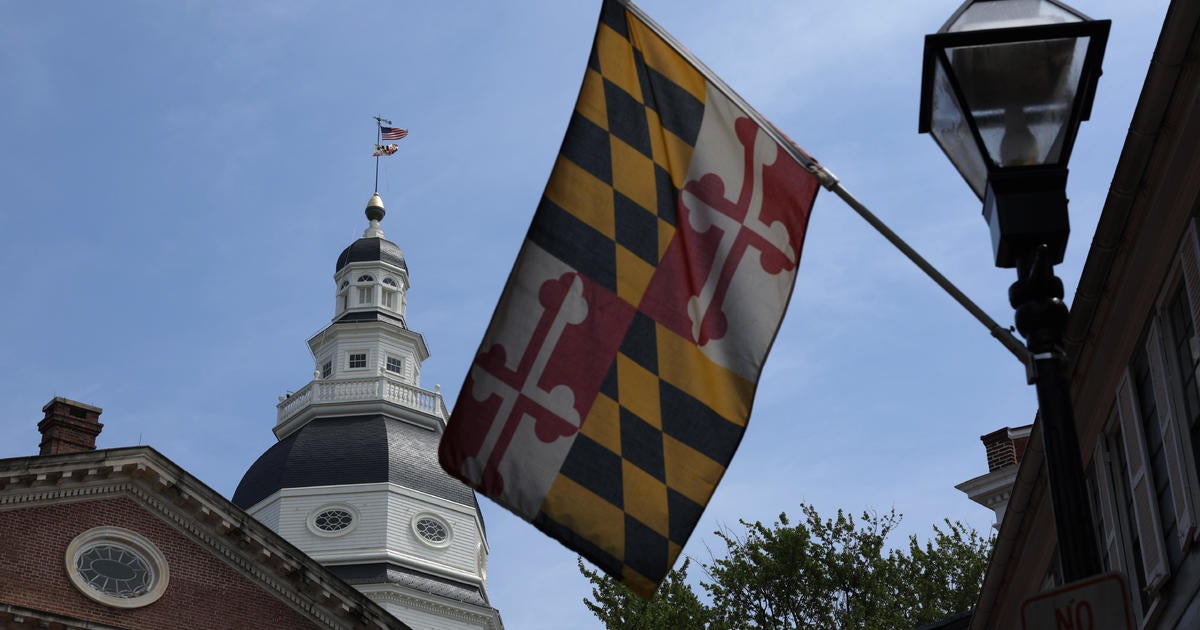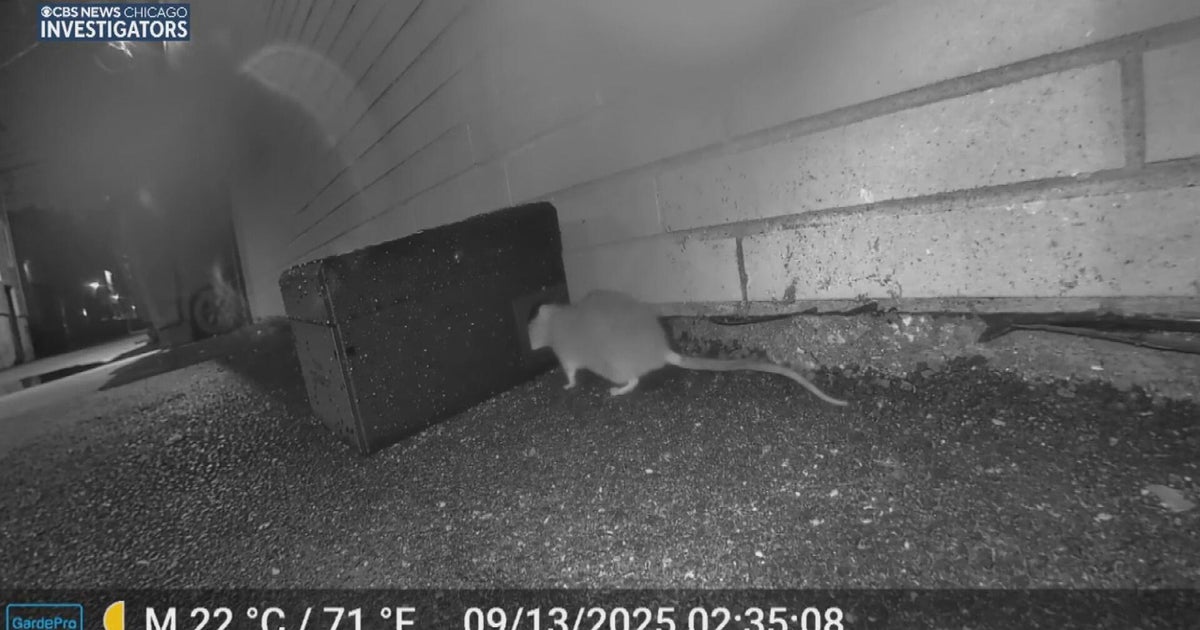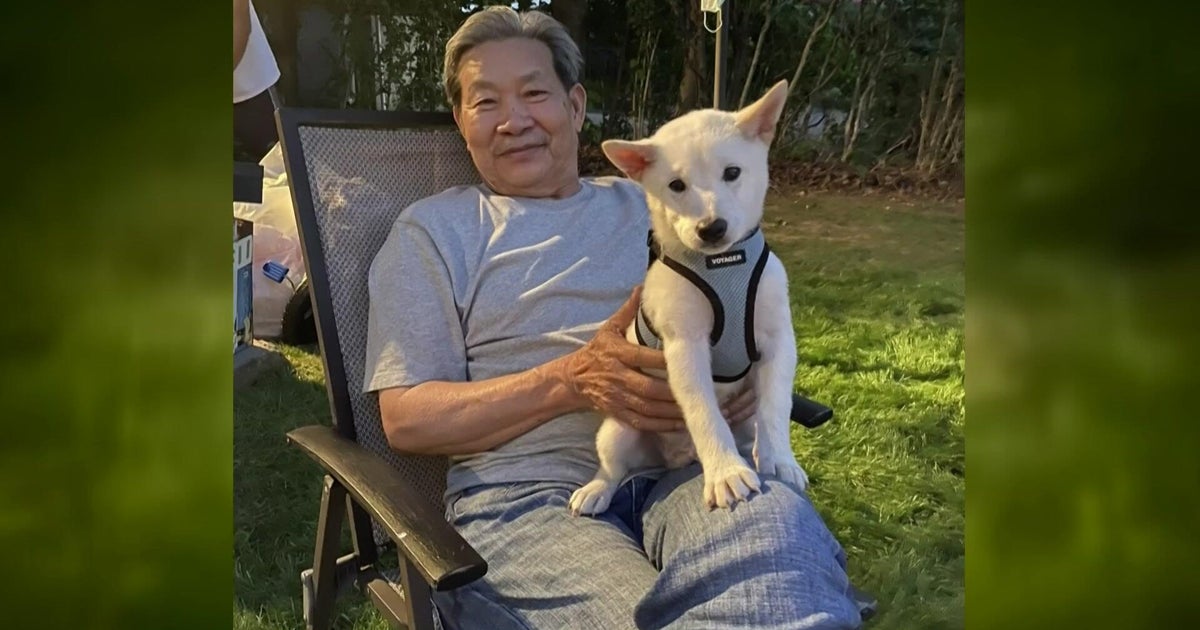Starting In 2022, Californians In Some Areas Can Legally Eat Roadkill
SACRAMENTO (CBS13) - Drivers on several California roads will be able to take roadkill home and eat it in 2022.
Governor Gavin Newsom signed Senate Bill 395 over the weekend.
The new law will go into effect on January 1, 2022, and will allow the state Fish and Game Commission to establish a pilot wildlife salvage permit program. Under the program, drivers in three specific locations who accidentally hit and kill an elk, deer, pronghorn antelope, or wild pig, can immediately apply for a free permit online and then take the animal. Drivers in those locations could also take a dead animal left on the side of the road. If an animal is still living, only a member from the Department of Fish and Wildlife or law enforcement would be allowed to kill the animal.
ALSO: Worst Roadkill Areas In Sacramento Region
The three geographic locations where the pilot program will take place have not been determined yet but will be selected based on the number of wildlife-vehicle crashes.
The goal of the "Kill It and Grill It" law is to improve roadway safety for wildlife and cut down on the number of wildlife killed by cars.
The bill's author, Senator Bob Archuleta (D- District 32), issued a statement along with the bill: "[e]ach year, thousands of large game animals are struck on California highways, endangering motorists and disrupting the flow of wildlife throughout our state. This bill, SB 395, provides Caltrans, the California Department of Fish and SB 395 (Archuleta) Wildlife, and other state agencies with a means of tracking these collisions so that they might assess where wildlife highway crossings are needed most."
SEE ALSO: Worst Roadkill Areas In Sacramento Region
According to the bill analysis, the CHP approximates eight thousand large game animal/vehicle collisions have occurred statewide in the past six years, leading to more than 15-hundred injuries and at least 24 human deaths. Researchers at the UC Davis Road Ecology Center estimate about 20-thousand California vehicles collide with deer annually. Approximately 40 percent of large animals hit by cars are killed, and the fate of roughly a third is unknown.
The new law will cost the Department of Fish and Wildlife approximately 375-thousand in the first year to cover the costs of regulations, developing a data collection system, and creating the salvage permit. In the second year, the cost increases to 1.6 million dollars to pay for program implementation, computer equipment, and technology. In subsequent years, the Kill It and Grill It law will cost the department a million dollars annually. Costs will also be incurred by Caltrans.
Other states have similar Kill It and Grill It laws, including Alaska, Idaho, Montana, Oregon, and Washington.
